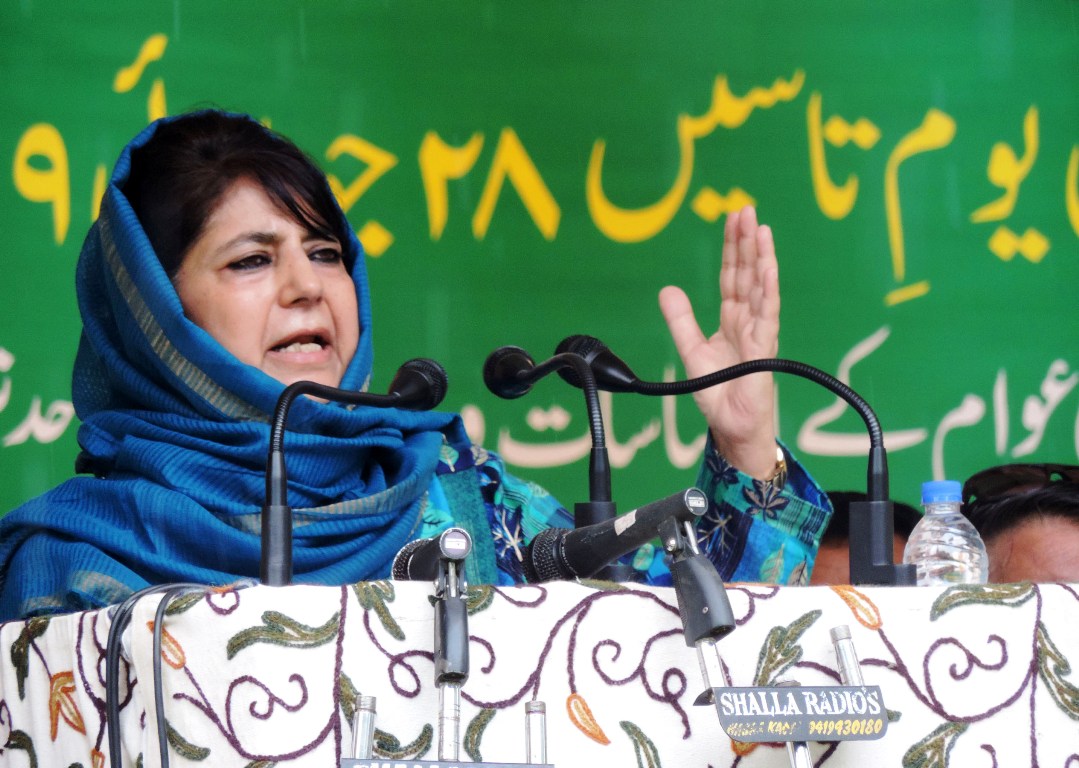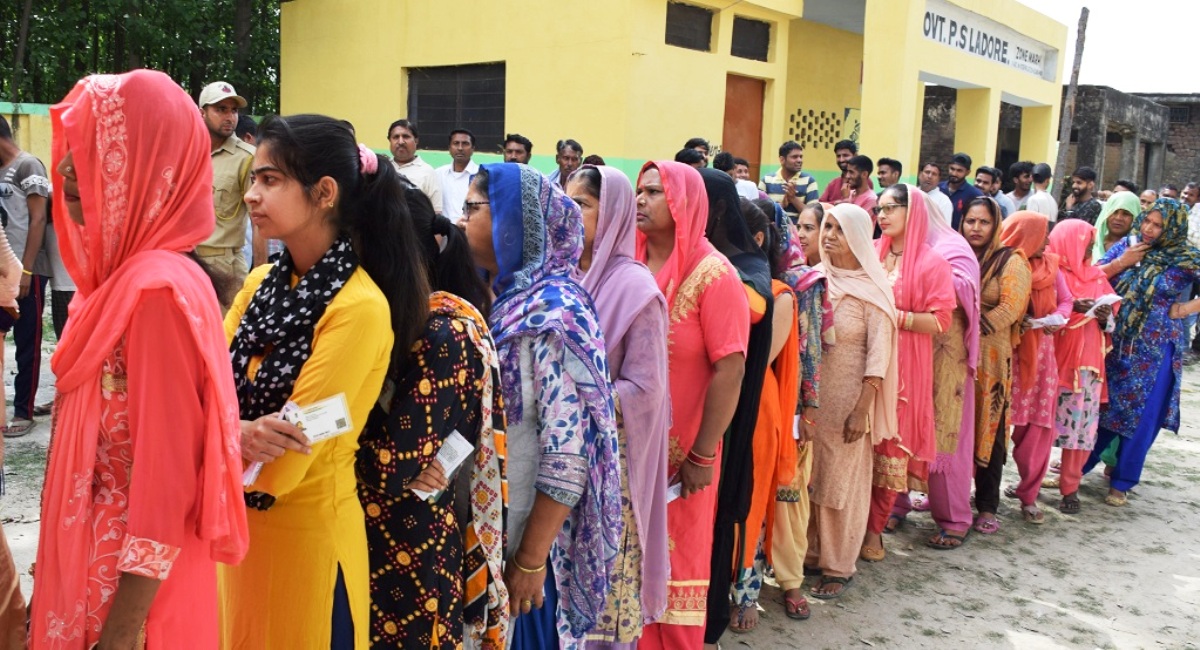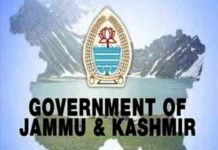KL NEWS NETWORK
SRINAGAR
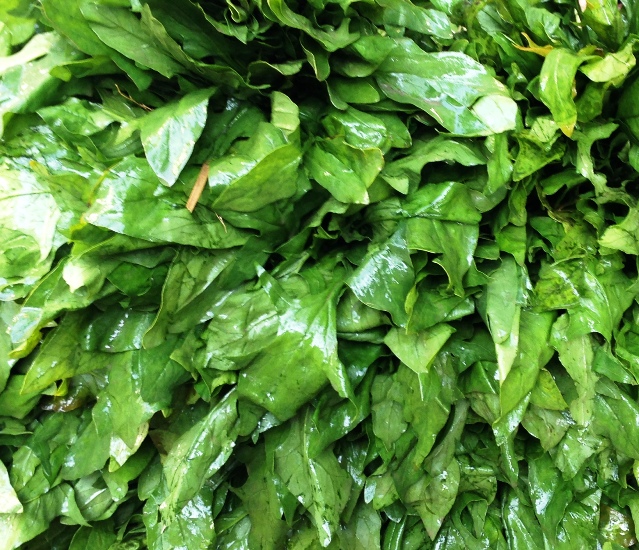
While the entire emphasis is on making the sacrificial animals’ available, it is the vegetable that is paining the consumer. On the eve of Eid, if you are out to get greens for the family, wait. It is expensive than poultry.
All of a sudden vegetables prices have gone through the wind. “It is what it is,” said a vegetable seller in Hari Singh High Street. “We are end retailer and we sell at the cost we get.”
The most expensive vegetable is the spinach (palak). Though locally produced, spinach is not available and wherever it is in small quantities, it sells Rs 120 per kilogram. Unlike the local produce, the non-local palak is sold at half the price.
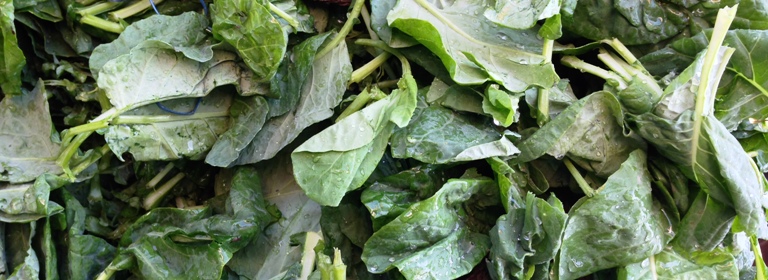
Even the Kashmiri hakh (lettuce) is expensive. It now sells at Rs 80 a kilogram. “For a family of four, even a kilogram can not suffice for a dinner,” said a housewife, while purchasing a bag fall of the greens, part of Kashmiri staple for most of the history. “Purchasing vegetable is luxury now, poultry is slightly cheaper.”
But the costs of all the vegetables are up. Iron-rich Fenugreek leaves (Meethi) that is usually preferred in urban Srinagar during festivals – it helps create a different dish with mutton – sells Rs 60, a kilogram. Almost sixty percent of this vegetable goes out as waste. Even Dhaniwal (coriander) is selling at Rs 120 as it is in huge demand for the Kashmiri specialty Dhaniwal Korma.
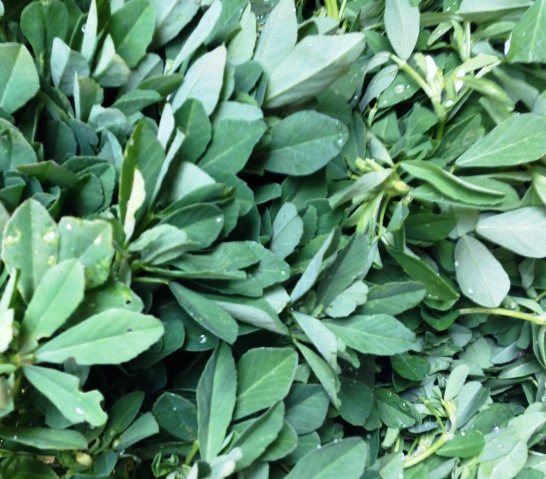
The onion is a necessity but an untouchable for most of the consumers, as in the rest of India. It makes consumers tearful well before they cut it because it sells Rs 60 plus a kilogram. The cross-LoC traders had actually helped keep the onion prices stable during the last two instances of major scarcity. Last time when onions were selling Rs 80 a kilogram in the rest of India, Kashmir had it available at Rs 25. But then, authorities closed the LoC window for onions despite the fact that onion falls in 21 tradable items between the two halves of Kashmir. “Kashmir is getting Pakistani onions even these days but these are imported through Wagha,” Hilal Turki told Kashmir Life. “Had it been imported through Uri or Poonch, it would have been less than Rs 30 a kilogram.”
Even beans which are in demand on Eid have gone costly. French beans sell at around Rs 100 a kilogram and the other verities are Rs 80. Consumers see Quince as the only affordable vegetable because it is a fruit and still cheap – Rs 60, a kilogram and most of it getting used. Tomatoes also sell for Rs 60, a kilogram.
What has been adding to the problems of the consumers this season is the acute shortage of Lotus stems, the Nadru. Last year floods devastated Nadru cultivation and most of the farmers in the Dal lake say they have lost its seeds and it will take them some years to restore its production.
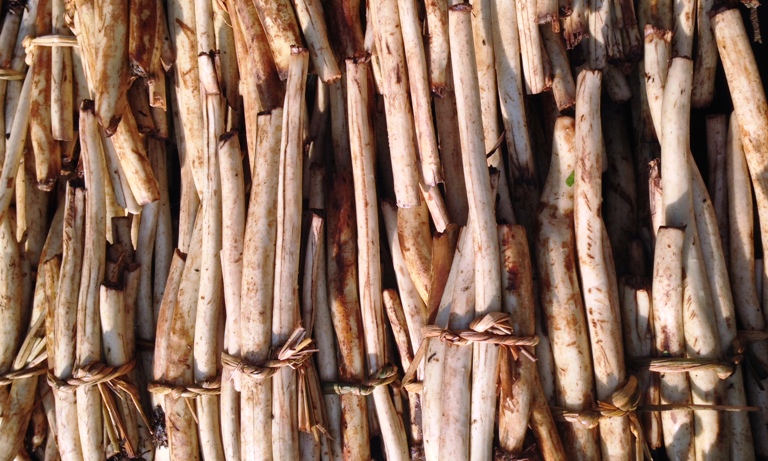
“We sell Rs 200 a bunch,” one vegetable seller said. “But the supplies are from Mansbal and not from Dal or Wullar.” He said most of the people do not feel attracted to this variety.
Bashir Ahmad, one of the office bearers of the vegetable whole-sellers said the market is slightly up. “We had most of our local vegetables farms getting severely damaged in the rains for the last few days,” Ahmad said. “Then road was also closed for a day which disturbed the demand and supply chain.” He said more than 25 truckloads of vegetables – of nine ton weight each – were sold in the whole-sale market at Parimpora this morning.
Ahmad said the whole-sale rates are much lower than the retail costs available in the market. He said wholesale prices that the market determined this morning included Rs 40 for Beans, Rs 25 for tomatoes, Rs 30 for cauliflower, Rs 14 for cabbage, Rs eight for Punjabi potato and Rs 12 for Kashmiri variety. Brinjal was Rs 15, turnip was Rs 30, carrot was Rs 70. Lettuce which sells at Rs 80 plus in the market was sold at Rs 25 in the wholesale. Because of short supply turnip in whole sale was sold at Rs 50 a kilogram. “There is some damage in the transit of the vegetable but it is not as huge as the costs in retail dictate,” Ahmad said.
Interestingly, Bhat revealed that there was neither Lettuce nor spinach for sale in the whole sale market on Wednesday. Even the peas and carrot that Kashmir sources from Ladakh were not in the market.
Interestingly, the municipal authorities are apparently absent from the scene. “I am caught in a traffic jam,” one official contacted on phone said. “Let me reach somewhere, I will tell you.”





